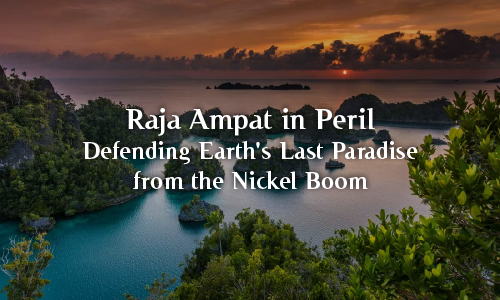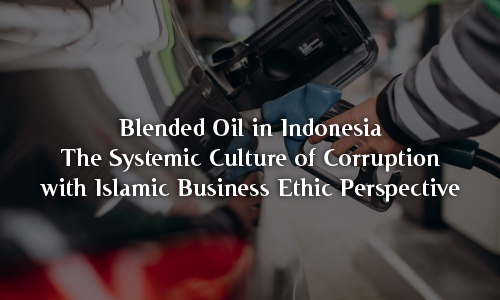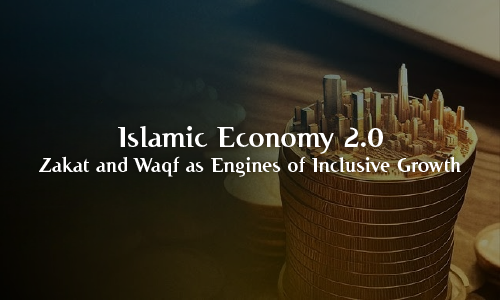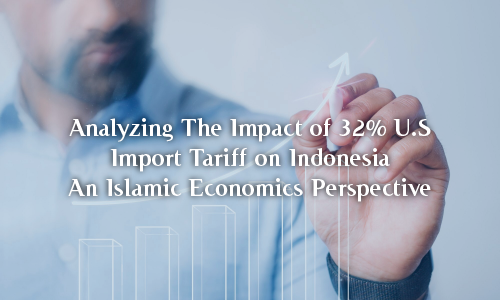
Summary: Raja Ampat located in Indonesia’s easternmost region, is widely recognized as one of the richest marine biodiversity areas in the world. This ecological gem, often dubbed “the heart of the Coral Triangle,” is not only vital to marine life conservation but also plays a significant role in the local economy through ecotourism and sustainable fisheries. However, this paradise is now under severe threat from the rapid expansion of nickel mining, spurred by Indonesia’s ambition to become a global leader in electric vehicle battery production. With over 300 mining companies operating nationwide and Indonesia contributing more than 50% of global nickel output, the environmental toll has been alarming. More than 80,000 hectares of forest have been lost to mining, much of it without adequate safeguards, and the ecological integrity of conservation zones such as Raja Ampat is increasingly at risk. This article examines the multidimensional impacts of nickel mining in Raja Ampat, ranging from deforestation, soil erosion, coral reef destruction, and marine pollution, to social and cultural disruption among indigenous Papuan communities. Mining activities have not only undermined the ecosystems but also violated the traditional land rights and spiritual connections of local populations. Many communities report the absence of Free, Prior, and Informed Consent (FPIC), fueling distrust, division, and marginalization. Furthermore, economic gains have disproportionately benefited corporations while leaving local people to shoulder the ecological and health costs. Using an Islamic ethical framework, the article highlights the moral obligation to preserve natural balance (mizan), uphold justice (adl), and prevent harm (mafsadah). It proposes a series of policy recommendations including permanent bans on mining in ecologically sensitive areas, stricter law enforcement, ecological rehabilitation, and the empowerment of indigenous voices in decision-making processes. Ultimately, safeguarding Raja Ampat demands bold, ethical, and inclusive environmental governance to ensure that one of Earth’s last ecological frontiers endures for generations to come.
Introduction
Located in the easternmost part of Indonesia, the Raja Ampat archipelago stands as a symbol of extraordinary natural beauty and biodiversity. This region is not only a scenic…

















